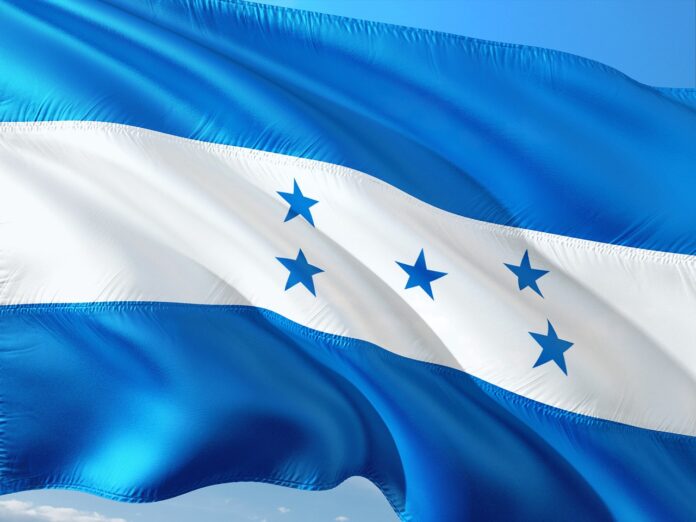The Central American country of Honduras is a poor, somewhat unstable nation, often shaken by various political conflicts. Unfortunately, the crime rate here is high, and tourists need to be very cautious to stay safe. The local residents of Honduras, however, suffer just as much from the conditions in their country, and there are undoubtedly far more good people here than bad. Nevertheless, traveling here for a vacation might not be the best idea.
Facts About Honduras:
- The city of San Pedro Sula in Honduras is considered the most dangerous city in the world, with the highest murder rate per capita.
- In most Honduran cities, neighborhoods are divided into zones controlled by various street gangs. This is normal for locals, but it often causes problems for tourists.
- Among all Latin American countries, Honduras is considered the least safe, surpassing even Guatemala, El Salvador, Venezuela, and Nicaragua in this regard.
- The name of the country, “Honduras,” means “depths” in Spanish.
- The first European to visit these lands was the famous explorer Christopher Columbus.
- At one time, the territory of modern Honduras was colonized by the Mayan Indians, who displaced the native inhabitants. However, for reasons unknown to us, the Maya abandoned these areas centuries before the arrival of European conquistadors, who completed the downfall of their culture.
- The Honduran capital, Tegucigalpa, was founded by the Spanish as a colonial settlement. Its climate is mild, as the city center is located about 1,000 meters above sea level.
- Honduras is sometimes hit by devastating hurricanes that originate over the Caribbean Sea.
- For several centuries, Honduras was part of Guatemala, which was also a Spanish colony at the time.
- Due to the low population density in this country, various wild animals, both dangerous and harmless, are found everywhere.
- According to statistics, more than half of Honduras’ population lives in rural areas.
- About 90% of Hondurans are mestizos of mixed heritage.
- The first public university in the country was established in 1847, and the first private university in 1978.
- The Honduran army is formed through conscription, with conscripts serving for two years.
- Unlike many other Latin American countries, the population of Honduras is generally less religious. In the last census, a full 8% of people stated that they do not follow any religion.
- The Honduran economy is heavily dependent on the United States, as the U.S. is the country’s main trading partner.
- The currency of Honduras is called the “lempira.” It was introduced in 1931 and is named after an indigenous leader.
- Tegucigalpa’s Toncontín Airport is among the top ten most dangerous airports in the world. Its short runway, surrounded by mountains and frequent cloud cover, means that only a very limited number of pilots are licensed to operate flights through this airport.
- The national symbol of Honduras is the red macaw parrot.
- The term “banana republic” was first used in reference to Honduras. It was coined by writer O. Henry, who spent some time hiding here from U.S. authorities. Incidentally, Honduras is currently the world’s second-largest exporter of bananas.
- A six-day war once broke out between Honduras and neighboring El Salvador, triggered by a football match in which the Honduran team lost to the Salvadoran team.
- Every year, between May and July for over a hundred years, witnesses in the Honduran department of Yoro have observed a dark cloud forming in the sky, followed by lightning, thunder, strong winds, and a torrential downpour lasting 2-3 hours. Remarkably, the rain not only consists of water but also live fish, believed to have been swept up by a hurricane along with seawater.
- According to an old legend, the famous pirate Captain Kidd hid his treasure on one of the islands off the coast of Honduras. This legend inspired Robert Louis Stevenson’s novel “Treasure Island.”
- The Honduran islands are surrounded by the world’s largest living coral reefs.
- The Garifuna people, living in Honduras, have been recognized by UNESCO as part of the World Intangible Cultural Heritage. This group has preserved unique music and dances that are not found anywhere else in the world.
- Unlike most other countries, school education in Honduras is not mandatory.
